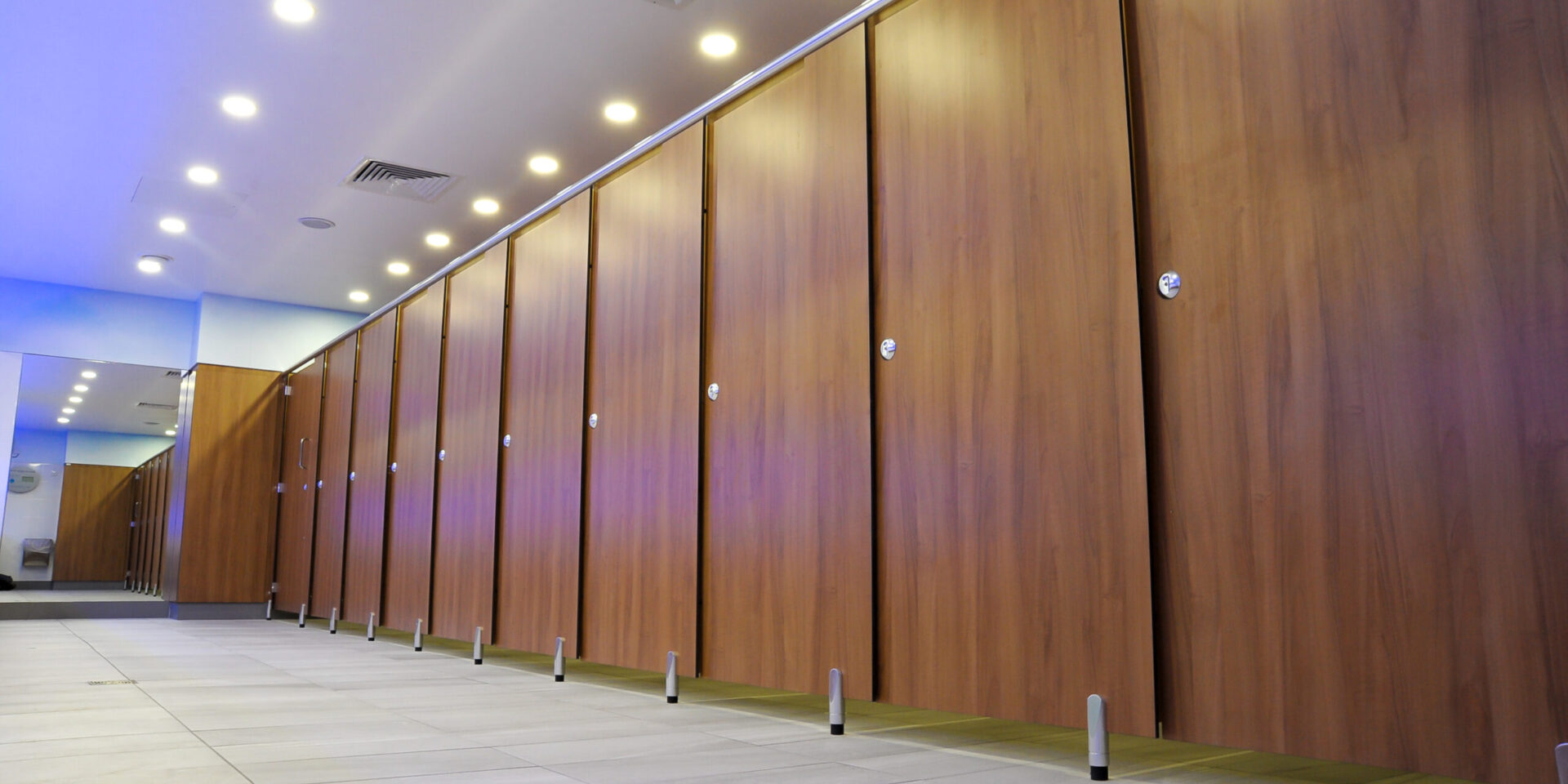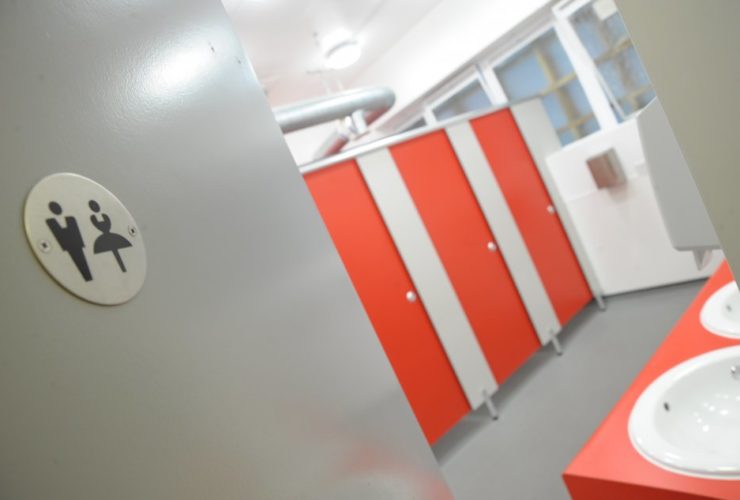Over the last couple of years there has been much talk regarding unisex, or gender neutral, toilets with both sides of the argument frequently covering topics such as safety, cost and space. More and more public spaces are choosing gender neutral toilets such as Lancaster University, The Barbican Centre and even The White House. But why do we have separated toilets in the first place?
You may be surprised to learn that, in America, public toilets were first separated by sex at the end of the 19th century by the state of Massachusetts. By 1920 over 40 other states had followed Massachusetts example and started segregating their toilets. Victorian values called for privacy and modesty within the work place toilets which resulted in women’s toilets being separate to men’s. Having females in the workplace was still a relatively new “phenomenon” and it was thought by giving women their own toilet it would provide a homely feel to the workplace.
During the late 1990’s and early 2000’s unisex toilets started to become a more frequent occurrence. In 2000 in the UK a secondary school near Stockport was one of the first schools to install unisex toilets. Fast forward 7 years and the Department for Education and Skills issued guidance encouraging all new schools to fit unisex toilets. It was believed unisex toilets cut down on bullying. In 2013 a document put together by Perth and Kinross, Angus, Dundee and Fife councils recommended “open plan unisex toilets with central fountain hand wash” as a way of reducing concerns around vandalism and ensuring there were enough toilets for both sexes.
In 2013 Interfix fitted their first unisex toilets at Kemnal Technology College and Cleeve Park. Since then we have seen a steady rise in enquiries into unisex toilets and have undertaken 7 projects in the last 5 years which incorporated unisex toilets into the design. So far all of these projects have been in schools and colleges but with the popularity of unisex toilets increasing maybe Downing Street will follow The White House and the Prime Minister will call upon Interfix’s expertise.



